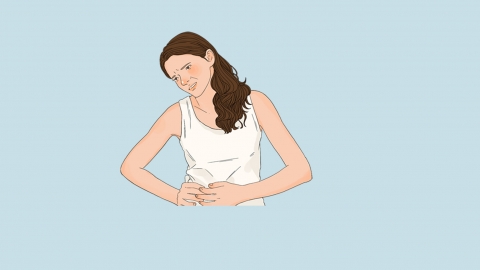What are the symptoms of pelvic floor hernia?
Under normal circumstances, pelvic floor hernia is a condition caused by weakness or damage to the pelvic floor support structures. Its main symptoms include a sensation of pelvic heaviness, difficulty in defecation, urinary abnormalities, dull pain in the lower abdomen, and vaginal protrusion. A detailed analysis is as follows:

1. Pelvic heaviness: Patients often experience a persistent feeling of pressure or discomfort in the pelvic region, which significantly worsens when standing, walking, or after physical exertion. Symptoms may slightly improve when lying down and resting. This sensation of heaviness is primarily due to the herniated contents pressing on the pelvic floor tissues.
2. Difficulty in defecation: Patients may need to strain excessively during bowel movements, experiencing poor stool passage, prolonged intervals between bowel movements, or hard, dry stools. Some patients continue to feel incomplete evacuation even after defecation. This occurs because the herniated contents compress the rectum, interfering with normal stool expulsion.
3. Urinary abnormalities: Patients may experience frequent urination and urgency, along with weak or intermittent urine stream. In severe cases, they may develop difficulty urinating or urinary retention. These symptoms are mostly caused by herniated tissues pressing on the bladder or urethra, disrupting normal urinary function.
4. Dull lower abdominal pain: Patients may have intermittent, mild dull pain in the lower abdomen. The pain typically worsens with abdominal straining and does not radiate significantly. It gradually improves with rest.
5. Vaginal protrusion: Female patients may notice a soft mass protruding from the vagina when intra-abdominal pressure increases (e.g., coughing or lifting). The size of the mass varies and can usually be reduced by lying down or manual pushing. The protruding tissue is often composed of the hernia sac and abdominal organs such as loops of intestine or bladder.
Patients are advised to avoid prolonged standing, vigorous exercise, and heavy physical labor in daily life to minimize increases in abdominal pressure. Increasing dietary fiber intake promotes regular bowel movements. Additionally, maintaining a regular sleep schedule and avoiding excessive fatigue can help alleviate symptoms associated with pelvic floor hernia.





